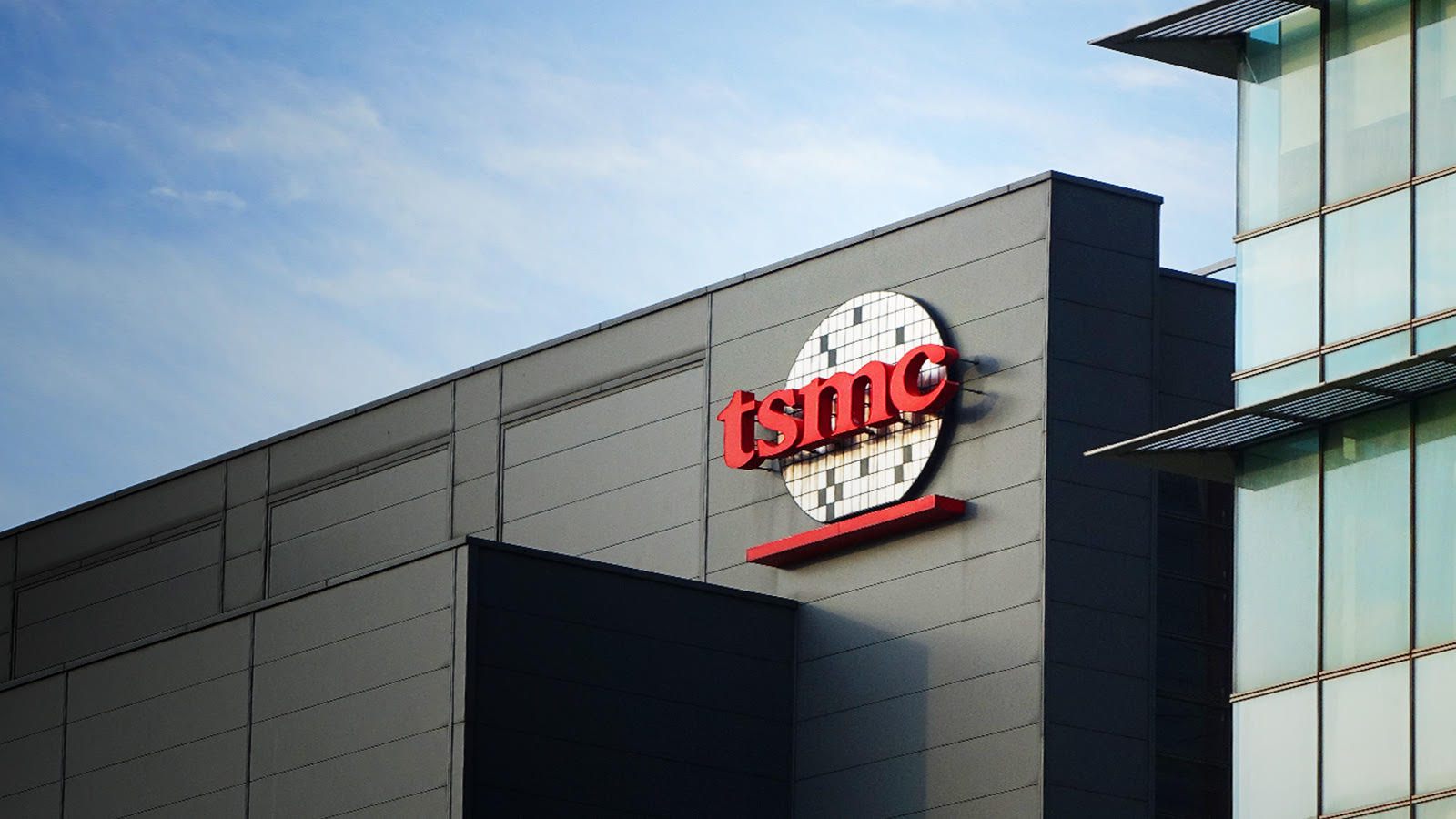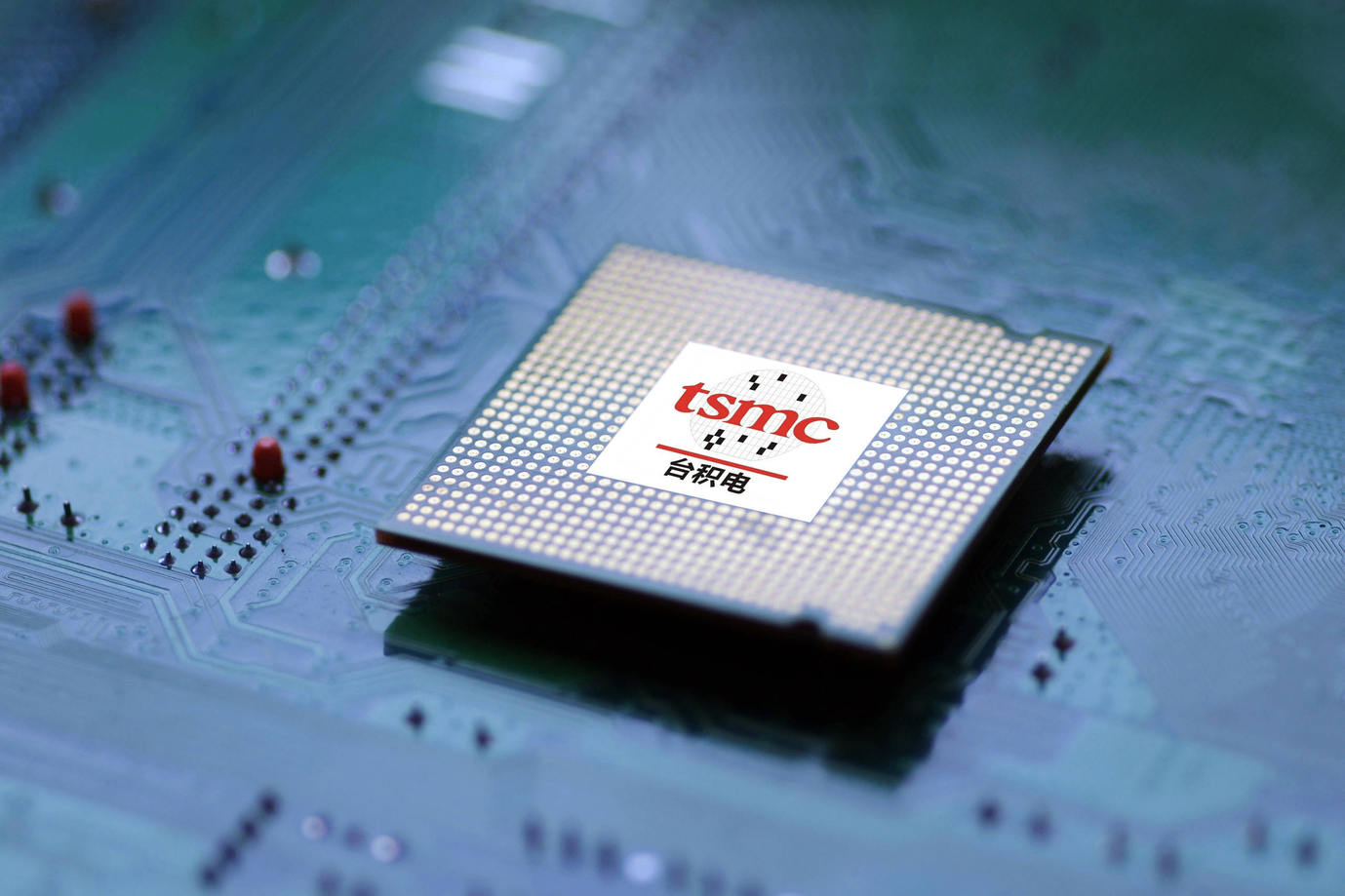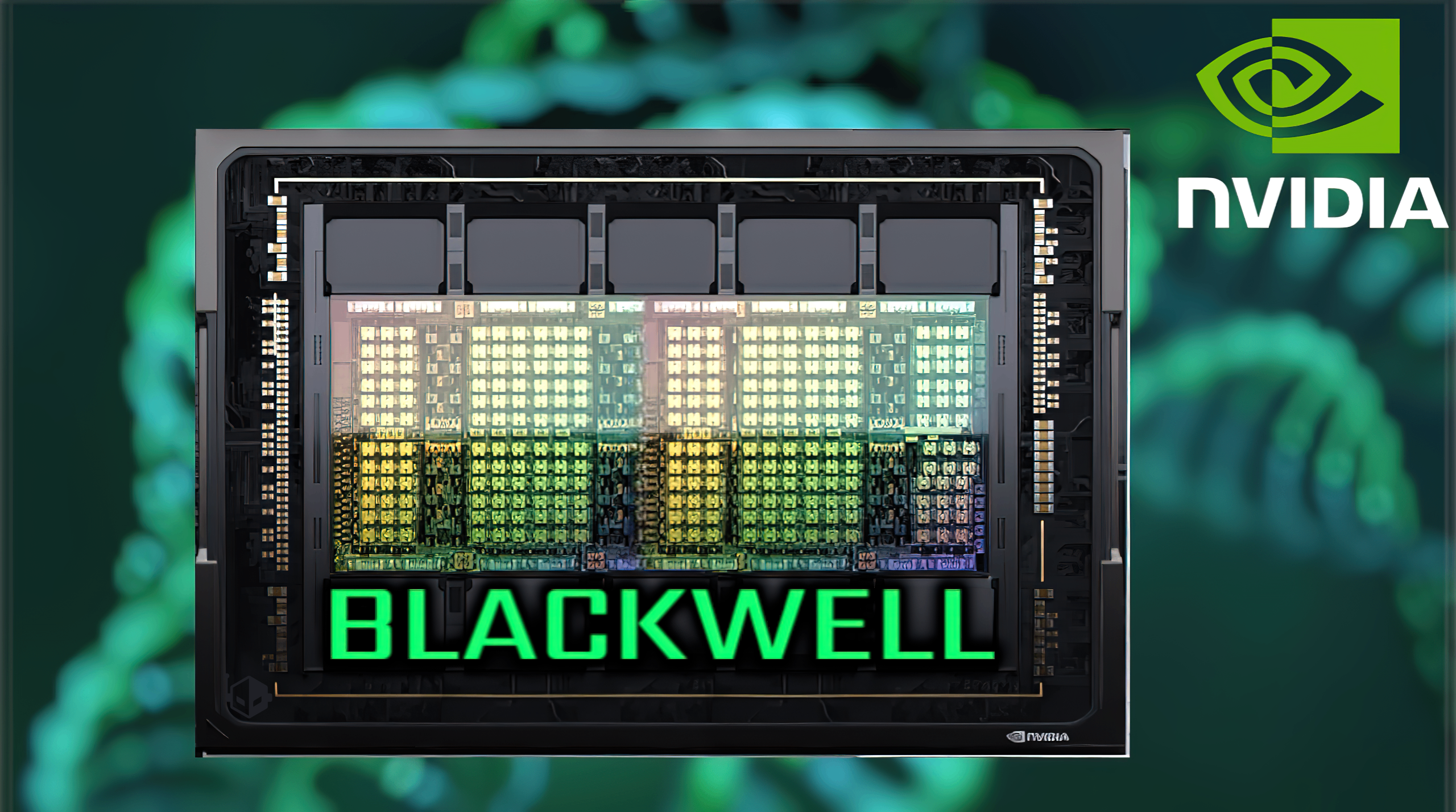TSMC's 3nm Orders Explodes: AI Manufacturers Lining Up Until 2026
TSMC's 3nm process capacity, led by large AI plants such as Apple and Nvidia, has been looted by manufacturers, and orders are now scheduled until 2026.
Over the past few months, under the wave of AI servers, HPC applications and high-end AI smartphones, TSMC 3nm process technology has become a bit hit, with the product's share of revenues rising, and revenues from the 3nm process node are expected to account for more than 20% of the company's total revenues in 2024.
Reported that four major technology giants, Apple, Qualcomm, Nvidia and AMD, have placed large-scale orders to TSMC 3nm process capacity, leading to other manufacturers have lined up to bid, orders have been lined up to 2026.
It is understood that TSMC's 3nm process capacity includes N3, N3E, N3P, N3X and N3A to meet application scenarios. As N3 technology continues to be upgraded, N3E started mass production in 2023Q4, focusing on applications such as AI accelerators, high-end smartphones and data centers.The N3P plans to start mass production in 2024H2 and is expected to become the mainstream choice for mobile devices, consumer electronics, base stations and network applications by 2026, while the N3X and N3A are tailored for customers in high-performance computing and automotive industries.

Stable Supply Meets Challenge
It is worth mentioning that Apple's upcoming iPhone 16 will be equipped with the A18 series processor for the first time, and the self-developed chip M4 on the iPad Pro will also be put into use simultaneously. The two core chips are scheduled tostart 3nm mass production at TSMC in Q2, bringing it hyperscale production orders.
Media forecasted that Apple will stock 92 million to 95 million new iPhone 16 series units this year, up 5% year-on-year, while TSMC is the exclusive supplier of iPhone 16 A18 series chips, and the related orders will be the astounding breakthrough for the 3nm products.
At the same time, Intel has also entrusted a full range of its Lunar Lake series of CPUs, GPUs, and high-speed I/O chips and other mainstream consumer platforms to TSMC for 3nm mass production. This is also the first time that Intel placed such a large-scale chip order with TSMC OEM, further consolidating TSMC's leading position in the 3nm process technology field.
As customer orders continue to pour in, even if TSMC triples its production capacity to last year, it will still struggle to fully meet market demand. TSMC's 3nm process line capacity is expected to remain tight for the next two years, not including Intel's CPU outsourcing needs yet.
Therefore, in order to ensure a stable supply in the next two years, TSMC has introduced a number of measures to expand the capacity of the 3nm process. In its earnings call, the company revealed that it will take a number of measures to deal with capacity constraints, including the conversion of part of the 5nm production line equipment to the 3nm production line, etc..
Industry insiders expect that, as capacity continues to rise, TSMC 3nm process wafers capacity will increase to 120,000 to 180,000 pieces per month.

"Price Raising" To Be Continued
Facing with the strong order demand, TSMC stressed when asked if it would raise prices because of its popularity, "Company's pricing arrangements are always strategy-oriented rather than opportunity-oriented and will continue to work closely with customers to maximize our value."
However, while TSMC has not commented on single customer information, the industry generally believes that TSMC may adjust its pricing strategy to "reflect its value" as capacity becomes tighter. It follows that TSMC is likely to raise its contract manufacturing prices in response to rising costs and other issues.
TSMC's new CEO, Dr. C.C. Wei, has told Nvidia CEO Jen-Hsun Huang that the company will reconsider the value of TSMC, a statement that the industry has widely interpreted as a signal that TSMC is about to raise prices.
As one of TSMC's important customers, almost all of Nvidia's AI chips (including Blackwell GPUs, etc.) are manufactured by TSMC. At the recently held COMUPUTEX 2024 conference, Huang said that "TSMC's wafer and service prices are indeed too low, and TSMC's contribution to the technology industry and the whole world has also been underestimated by its financial performance," agreeing with TSMC's demand for price increases.

TSMC, which is facing rising electricity prices and rising cost pressures due to inflation, has previously warned that chips will be more expensive to manufacture in the U.S., a result that will eventually fall on end customers.
Wei said he hopes manufacturers would share some of TSMC's costs and has begun discussions with them. If the negotiations are successful, the chip costs for AI manufactures (Apple, AMD, Broadcom, Qualcomm, MediaTek, etc.) will soon be higher.
After the price raising plan unveiled, Morgan Stanley issued a research report to its "overweight" rating, most analysts are also very optimistic about the stock, Wall Street analysts to its "buy" rating. So far this year, TSMC shares have risen 55%.
·Original
Disclaimer: The views in this article are from the original Creator and do not represent the views or position of Hawk Insight. The content of the article is for reference, communication and learning only, and does not constitute investment advice. If it involves copyright issues, please contact us for deletion.